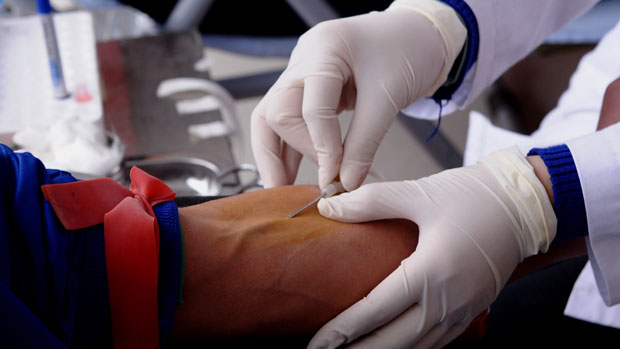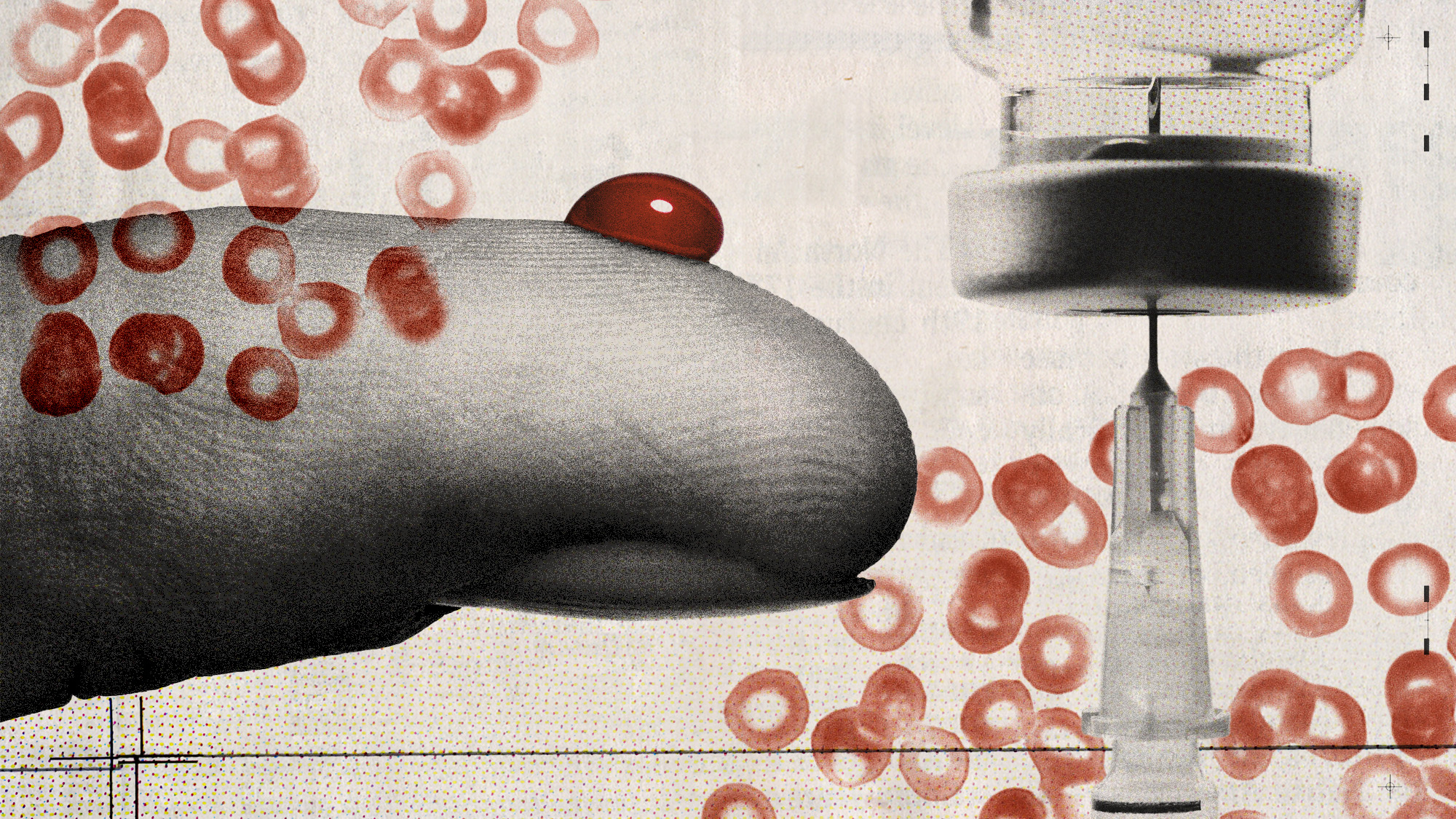Diabetes set to 'bankrupt NHS' with 60% rise in sufferers
Lifestyle changes vital to prevent more cases of type 2 diabetes, say medical experts

A free daily email with the biggest news stories of the day – and the best features from TheWeek.com
You are now subscribed
Your newsletter sign-up was successful
The number of diabetic people in the UK has risen by nearly 60 per cent over the last ten years, a rate that is threatening to "bankrupt the NHS", a leading charity has warned.
Diabetes UK says the number of people suffering from the condition has increased from 2.1 million in 2005 to 3.3 million this year.
"The costs of treating diabetes will continue to spiral out of control and threaten to bankrupt the NHS. Now is the time for action," the charity has said.
The Week
Escape your echo chamber. Get the facts behind the news, plus analysis from multiple perspectives.

Sign up for The Week's Free Newsletters
From our morning news briefing to a weekly Good News Newsletter, get the best of The Week delivered directly to your inbox.
From our morning news briefing to a weekly Good News Newsletter, get the best of The Week delivered directly to your inbox.
Nine in ten cases in the UK are said to be type 2 diabetes, which tends to develop later in life and is closely linked to diet and obesity. Type 1 diabetes, in which the pancreas does not produce any insulin, often appears in childhood.
The inability to control blood sugar levels can lead to severe complications, including blindness, organ damage and nerve damage, making it a "massive drain" on NHS resources, says the BBC. The reason for the soaring cases of type 2 diabetes is being placed "squarely on the nation's ballooning waistline", it adds. However, the increase in type 1 diabetes is not understood.
Diabetes-related amputations reached an all-time record high last month, with an average 135 people undergoing an amputation each week.
Diabetes medication now accounts for ten per cent of the NHS drugs bill, with £869m spent on drugs such as insulin and metformin.
A free daily email with the biggest news stories of the day – and the best features from TheWeek.com
Barbara Young, chief executive of Diabetes UK, says 80 per cent of this is spent on managing "avoidable" complications. "There is huge potential to save money and reduce pressure on NHS hospitals and services through providing better care to prevent people with diabetes from developing devastating and costly complications," she said.
Dr Martin McShane, NHS England's director for long-term conditions, described the figures as a "stark warning" and highlighted the increasing cost of diabetes. "We've said it before and we'll say it again, it's time to get serious about lifestyle change," he added.
-
 Local elections 2026: where are they and who is expected to win?
Local elections 2026: where are they and who is expected to win?The Explainer Labour is braced for heavy losses and U-turn on postponing some council elections hasn’t helped the party’s prospects
-
 6 of the world’s most accessible destinations
6 of the world’s most accessible destinationsThe Week Recommends Experience all of Berlin, Singapore and Sydney
-
 How the FCC’s ‘equal time’ rule works
How the FCC’s ‘equal time’ rule worksIn the Spotlight The law is at the heart of the Colbert-CBS conflict
-
 A real head scratcher: how scabies returned to the UK
A real head scratcher: how scabies returned to the UKThe Explainer The ‘Victorian-era’ condition is on the rise in the UK, and experts aren’t sure why
-
 How dangerous is the ‘K’ strain super-flu?
How dangerous is the ‘K’ strain super-flu?The Explainer Surge in cases of new variant H3N2 flu in UK and around the world
-
 Obesity drugs: Will Trump’s plan lower costs?
Obesity drugs: Will Trump’s plan lower costs?Feature Even $149 a month, the advertised price for a starting dose of a still-in-development GLP-1 pill on TrumpRx, will be too big a burden for the many Americans ‘struggling to afford groceries’
-
 The ‘menopause gold rush’
The ‘menopause gold rush’Under the Radar Women vulnerable to misinformation and marketing of ‘unregulated’ products
-
 Climate change is making us eat more sugar
Climate change is making us eat more sugarUnder the radar Sweets make the heat feel more manageable
-
 The battle of the weight-loss drugs
The battle of the weight-loss drugsTalking Point Can Novo Nordisk and Eli Lilly regain their former stock market glory? A lot is riding on next year's pills
-
 A new subtype of diabetes was found and it may require different treatment
A new subtype of diabetes was found and it may require different treatmentUnder the radar It is prevalent in Black Africans and Americans
-
 Food may contribute more to obesity than exercise
Food may contribute more to obesity than exerciseUnder the radar The devil's in the diet